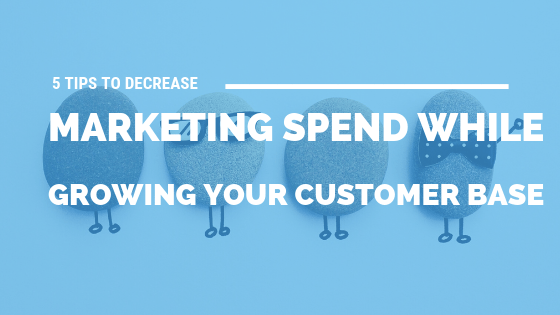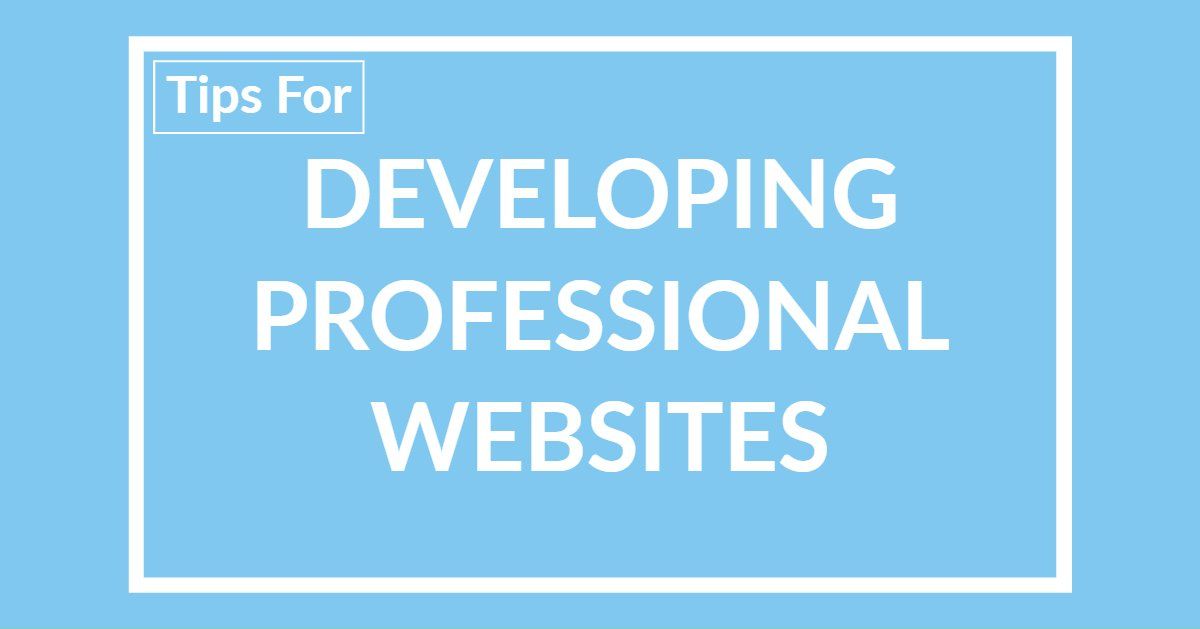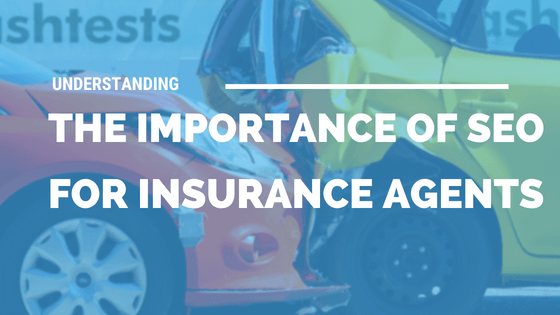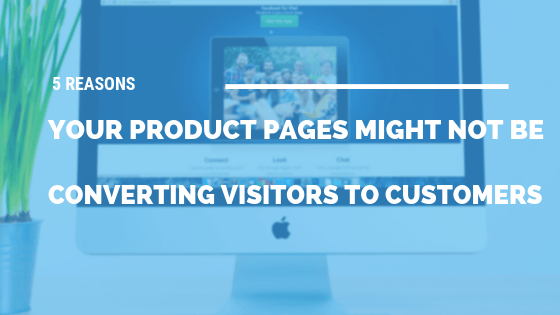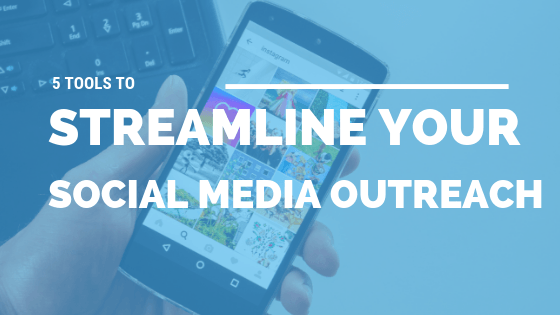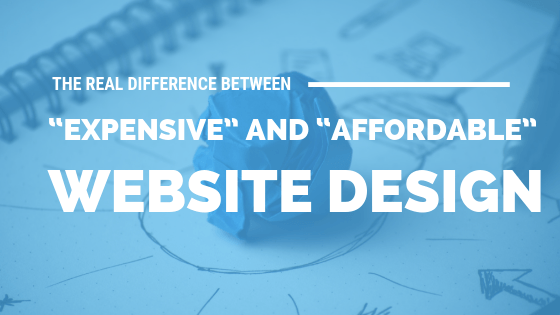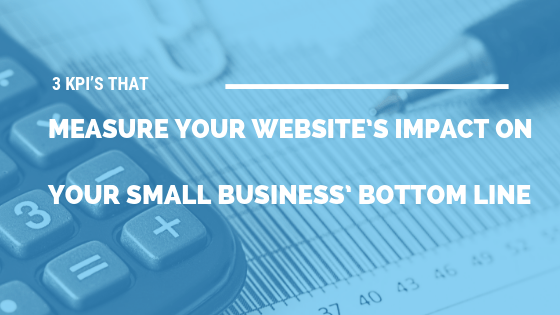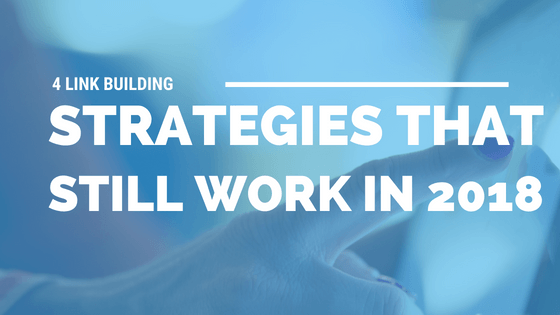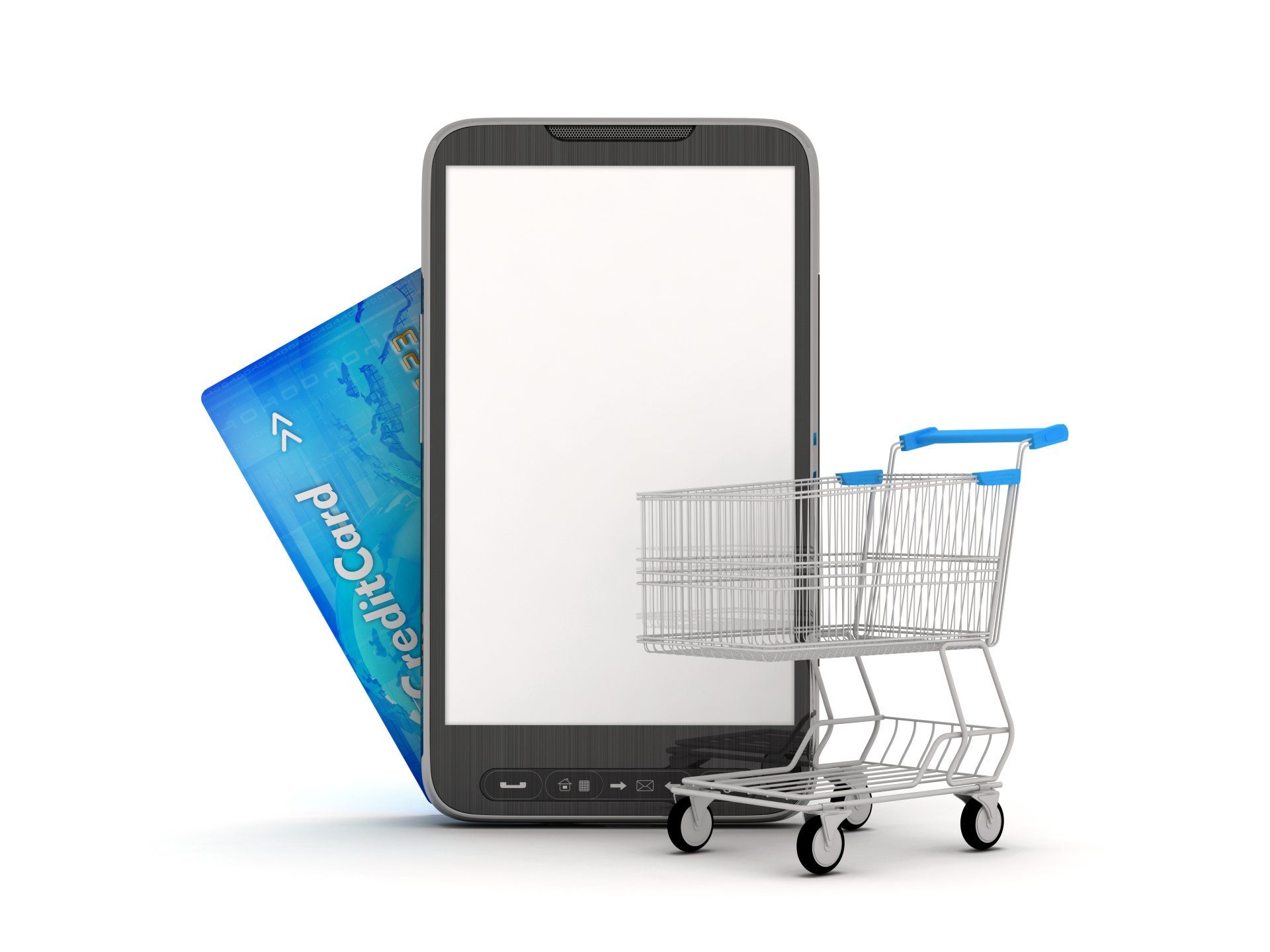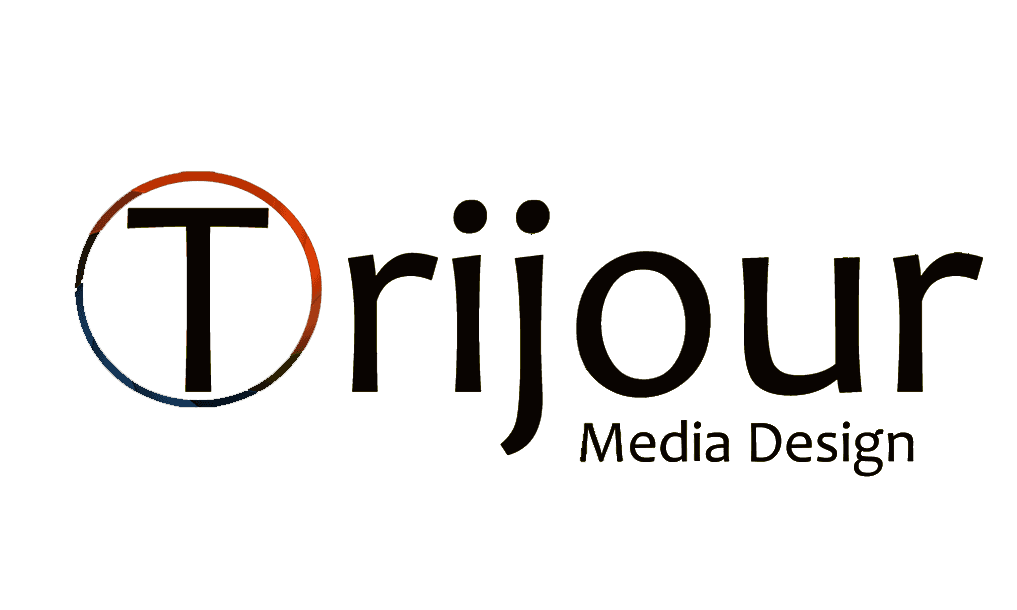5 Reasons Your Product Pages Might Not Be Converting Visitors to Customers
The web design and web marketing fields have both become
single-mindedly focused on one goal: maximizing conversions. That means turning
people browsing your site into paying customers, and it’s the number-one
desired outcome, the thing you ought to be planning everything else around.
Planning your site with conversions in mind is a great place to start, but once
your site is built, and you have access to data about your visitors and the way
they navigate through and interact with your various pages, you may find some
weaknesses in your strategy. The pages on which you list and describe your
products, for example, might not be producing as many conversions as you’d expect, since typically they’re the penultimate
page before customers make a purchase. Here are
a few reasons your product pages might not be racking up conversions.
1. You Don’t Feature Any Customer Reviews
People tend to place their faith in testimonials from other customers more than what you, the person selling the product, have to say about its quality. This is in spite of the fact that you have a lot of leeway in choosing whose reviews and testimonials appear on your website. Adding a short blurb, positively reviewing your product and highlighting the features you want to emphasize to consumers, is a good way of earning customers’ trust. You can offer discounts to users who review your products as a way of sourcing copy for product pages.
2. Your Product Page Doesn’t Directly Link to Checkout
You want customers to be able to reach the checkout area of your site from anywhere. They should be able to navigate to a menu and reach the checkout, even from the initial landing page, facilitating on-the-fly impulse purchases. The more steps you put someone through to convert them to a customer, the more likely they’ll get distracted or frustrated and abandon their cart.
3. You’re Using Low-Quality Photos
People navigate to product pages for more than just information. They want pictures, and good pictures at that. Even if your product isn’t something that’s visually compelling, having low-quality photos on your product page will turn off users who associate bad photography with poor quality merchandise. Your photos should be high-definition, well framed, and plentiful. One picture of a product is rarely enough to entice a customer into buying.
4. Your Product Page Is Overcrowded
There’s no need to jam your product pages full of marketing copy. Doing so will be confusing and discouraging to potential purchasers; no one is interested in reading a novel before purchasing an espresso machine. That doesn’t mean you need to go full minimalist, but choose the text on your product pages wisely, highlighting what the product can do for consumers.
5. Your Product Pages Look Bad on Mobile
With over half of web traffic coming from mobile devices, an awful lot of online shopping is happening on people’s phones. That means your product pages need to be optimized for mobile. If people click over to a product page to learn more and land on a page with images covering text or other mobile nightmares, they’re not going to wait till they can get on a laptop to make their decision. They’ll abandon your site and look for someone who knows what they’re doing. Invest in a responsively designed site and test your product pages on multiple devices to make sure they’re appealing, regardless of the device you’re looking at them on.
If any of these things describe you, you’ve got some work to do. Your product pages ought to be a direct pathway to converting customers, so put the time and effort in to make them great.
